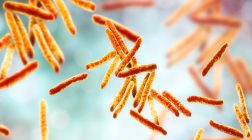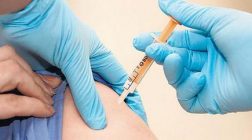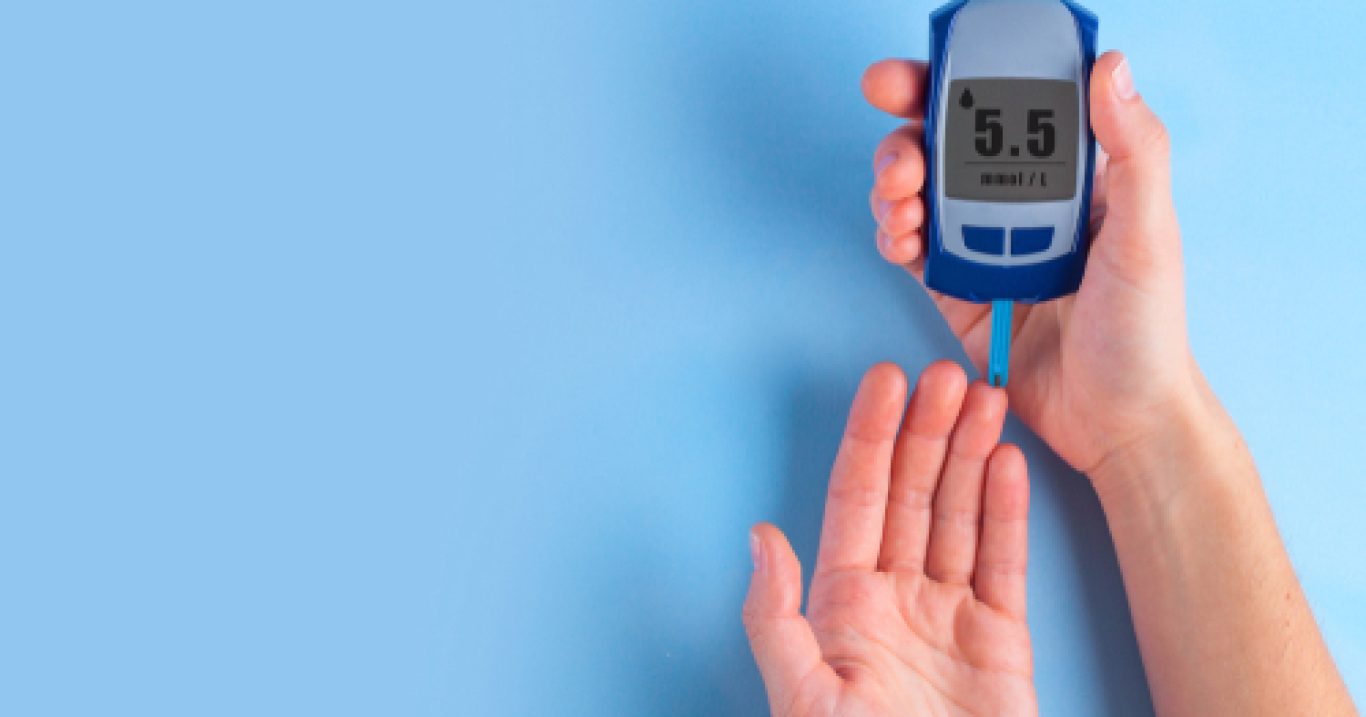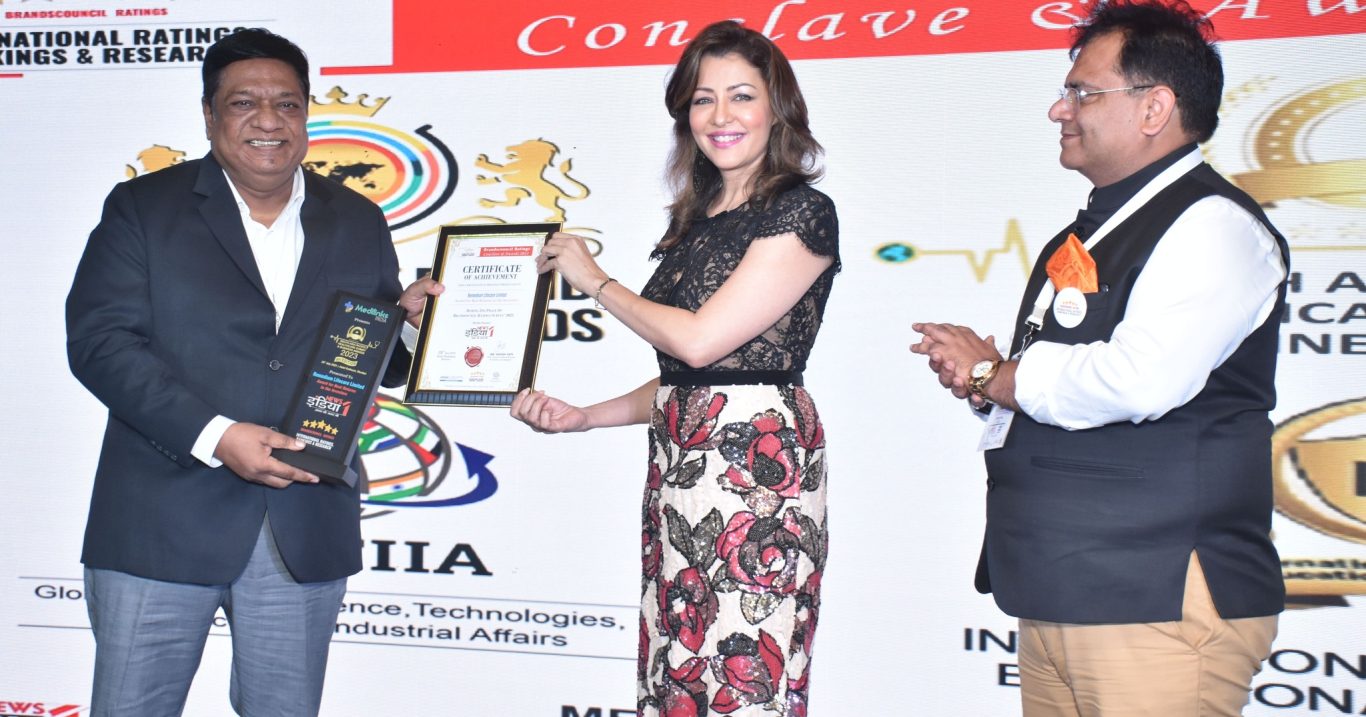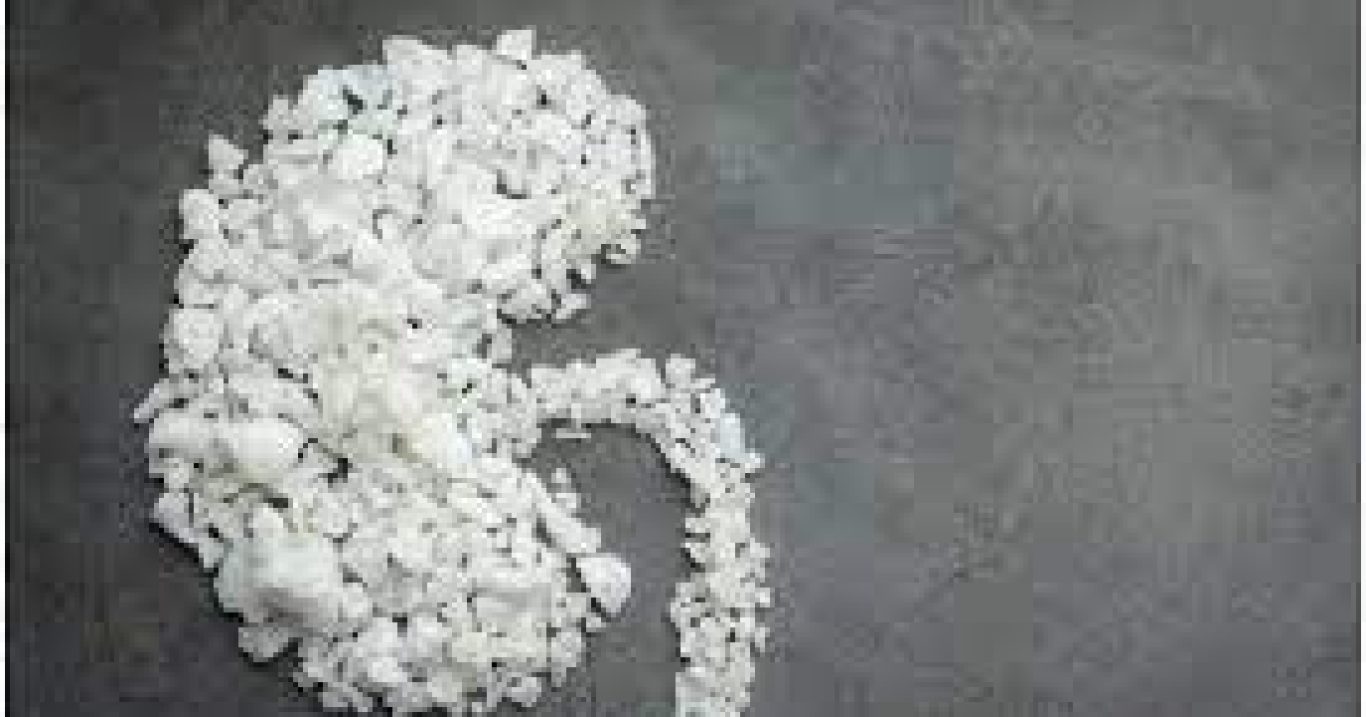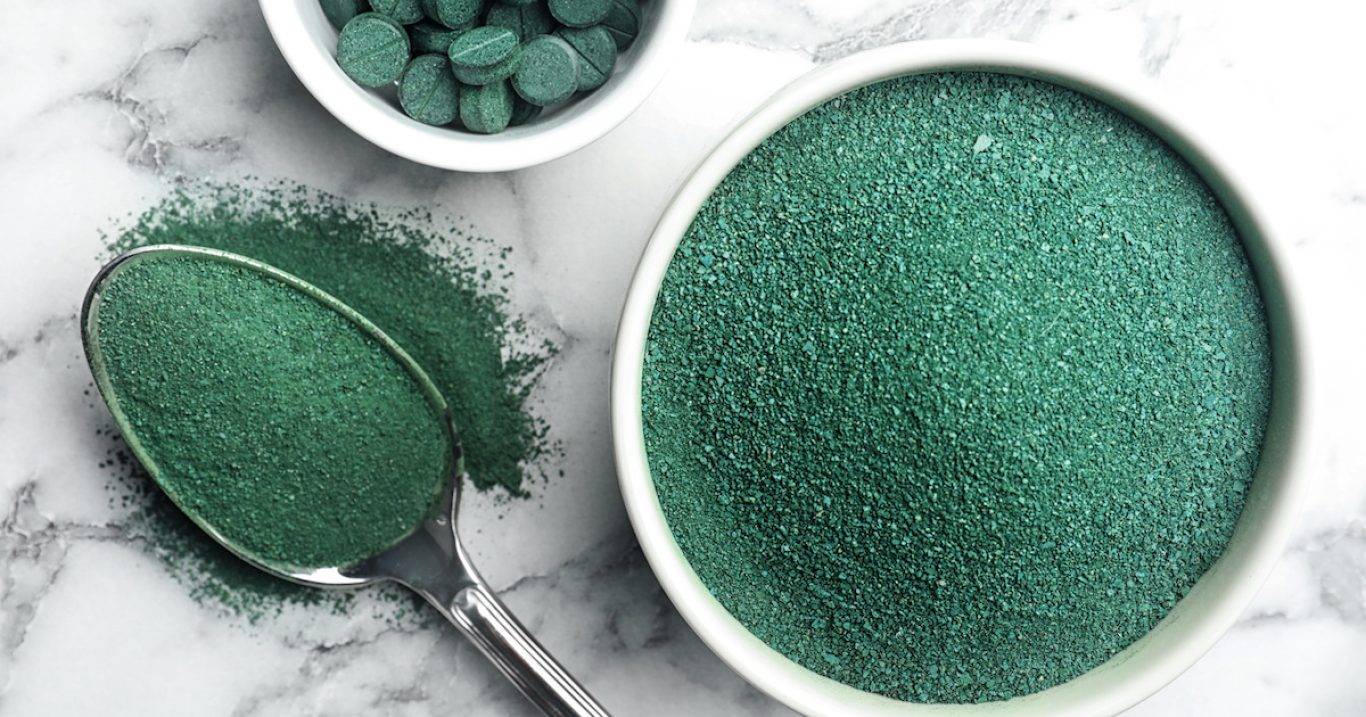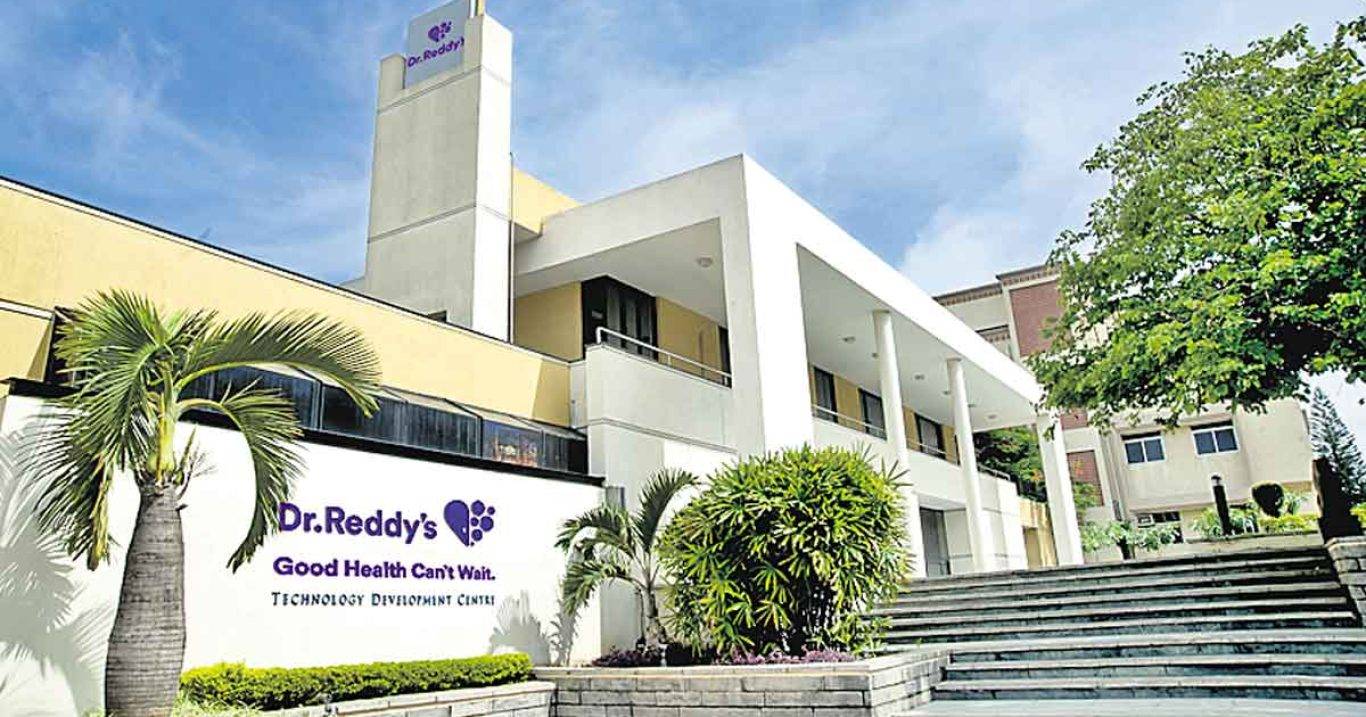FDA In India: Going Global, Coming Home
What is it like to be starting my new position as director of FDA’s office in India?
It’s like coming home.
My new tenure at FDA began in June, but as a former health attaché in the U.S. Embassy, I played an enthusiastic role in helping to establish FDA in my native country.
 I was born in Kashmir, India, and though I left the country in 1980 to explore new professional opportunities in the United States, I have since been drawn back again and again.
I was born in Kashmir, India, and though I left the country in 1980 to explore new professional opportunities in the United States, I have since been drawn back again and again.
It’s a beautiful, vibrant and interesting country, a unique mix of cultures, languages, and political viewpoints. It’s a country rich in agriculture, information technology and education that is constantly expanding its reach in industry, including the pharmaceutical and biotechnology sectors. It’s second only to Canada as the United States’ largest supplier of pharmaceutical products and in 2011 was the seventh largest exporter of foods to the U.S.
Accepting the responsibility to assume the helm of FDA’s office in India presents a rather daunting challenge. But as my colleagues, and most certainly my wife and three children will tell you, I am not one to shy away from a challenge – quite the opposite.
In India, it begins with the recognition that FDA, which started as a domestic regulatory agency, has now, by necessity, become a global one. A large part FDA’s role in overseas offices is helping to ensure that products bound for export to the U.S. are safe, of high quality and effective.
I see our mission in India as three-fold: first, to work closely with FDA’s Indian counterparts, establishing a relationship based on trust and regulations built on solid, scientific evidence; second, to conduct prompt and thorough inspections, when needed, of firms producing products for U.S. export. And third, to help industry and regulators understand that protecting the quality, safety and effectiveness of every product is essential. These three criteria cannot be ranked; each is as important as the next.
Over the next 12 to 24 months, I look forward to hosting several workshops for open, transparent discussions with industry and regulators on what systems of preventive controls need to be in place throughout the lifecycle of any manufacturing process. What controls do we need to guarantee that at the end of the day, products are safe and effective? Which checks and balances should be standard procedure across the board?
Part of the challenge is to define those milestones by which we can measure success. I want a manufacturer to ask – and be able to answer – the questions, “Why are we failing inspections?” And “What specific controls do we still need to put into place on a 24/7 basis so that on the next FDA inspection we will pass?”
I think the answers to those questions can be found in three words: collaboration, coordination and commitment.
A colleague recently likened my new role at FDA to scaling Mount Everest. But you know, I’m fond of trekking and climbing, and view this next challenge much as I do those activities, as both a challenge and an adventure. I’m eager to be a part of it.
Altaf Ahmed Lal, Ph.D. is the Director of FDA’s office in India.– See more at: http://blogs.fda.gov/fdavoice/index.php/2013/09/fda-in-india-going-global-coming-home/#sthash.dfFMmI1R.dpuf




